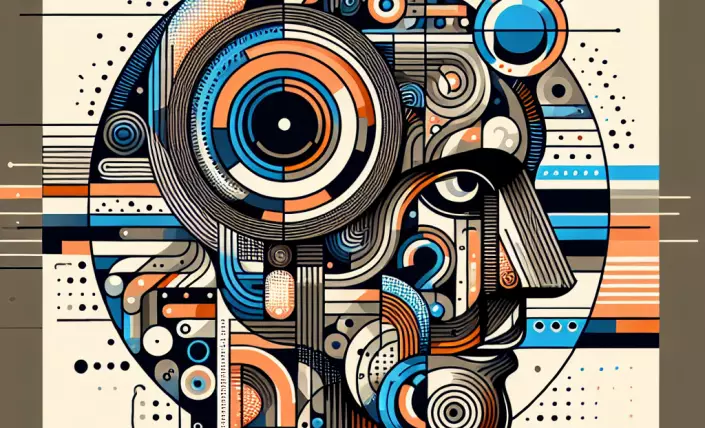In the intricate tapestry of human thought and experience, the unconscious mind plays a pivotal role, subtly influencing our actions, thoughts, and feelings. The exploration of this hidden realm has captivated philosophers and psychologists alike, none more so than Carl Gustav Jung, whose groundbreaking theories on the unconscious have left an indelible mark on both fields. Jung's concept of the unconscious extends beyond the personal to the collective, offering a profound lens through which to examine the human psyche and its impact on our lives.
Jung's notion of the collective unconscious posits that beneath the layers of individual experience lies a shared repository of memories and archetypes—a kind of psychic inheritance that transcends cultural and temporal boundaries. This collective unconscious is populated by archetypes, universal symbols that manifest in dreams, art, religion, and mythology. Characters such as the Hero, the Shadow, and the Anima/Animus are all archetypal figures that emerge from this shared substratum of human experience. These archetypes serve as guiding forces, shaping our perception of the world and our place within it. By recognizing and understanding these archetypal patterns, we can gain insights into the motivations behind our actions and the underlying themes of our lives.
The process of individuation, a core concept in Jungian thought, involves integrating the conscious and unconscious aspects of the psyche to achieve a harmonious self. This journey towards self-realization requires confronting and assimilating the Shadow—those aspects of the self that are repressed or denied. By embracing these disowned parts, individuals can achieve a more complete and authentic identity. This confrontation is not without its challenges, as it demands an honest and often uncomfortable examination of one's fears, desires, and limitations. Yet, the rewards of such introspection are significant, offering the possibility of personal growth, creativity, and a deeper understanding of one's purpose.
Jung's insights into the unconscious also have profound implications for our understanding of mental health. By acknowledging the influence of the unconscious, we can approach psychological disturbances not merely as symptoms to be eradicated but as manifestations of deeper conflicts within the psyche. This perspective encourages a more holistic approach to healing, one that considers the individual's life narrative, symbolic expressions, and the transformative potential of psychological crises. In this way, the exploration of the unconscious becomes not only a path to self-knowledge but also a means of achieving psychological well-being.
In contemporary society, where the pace of life often leaves little room for introspection, Jung's emphasis on the unconscious serves as a reminder of the importance of self-reflection. By paying attention to the symbols and narratives that emerge from within, we can uncover insights that might otherwise remain hidden. As we navigate the complexities of modern life, Jung's philosophical and psychological framework provides a compelling invitation to look beyond the surface and explore the depths of the human experience. In doing so, we may discover new ways of understanding ourselves and our interconnectedness with others, ultimately enriching our lives and the world around us.










